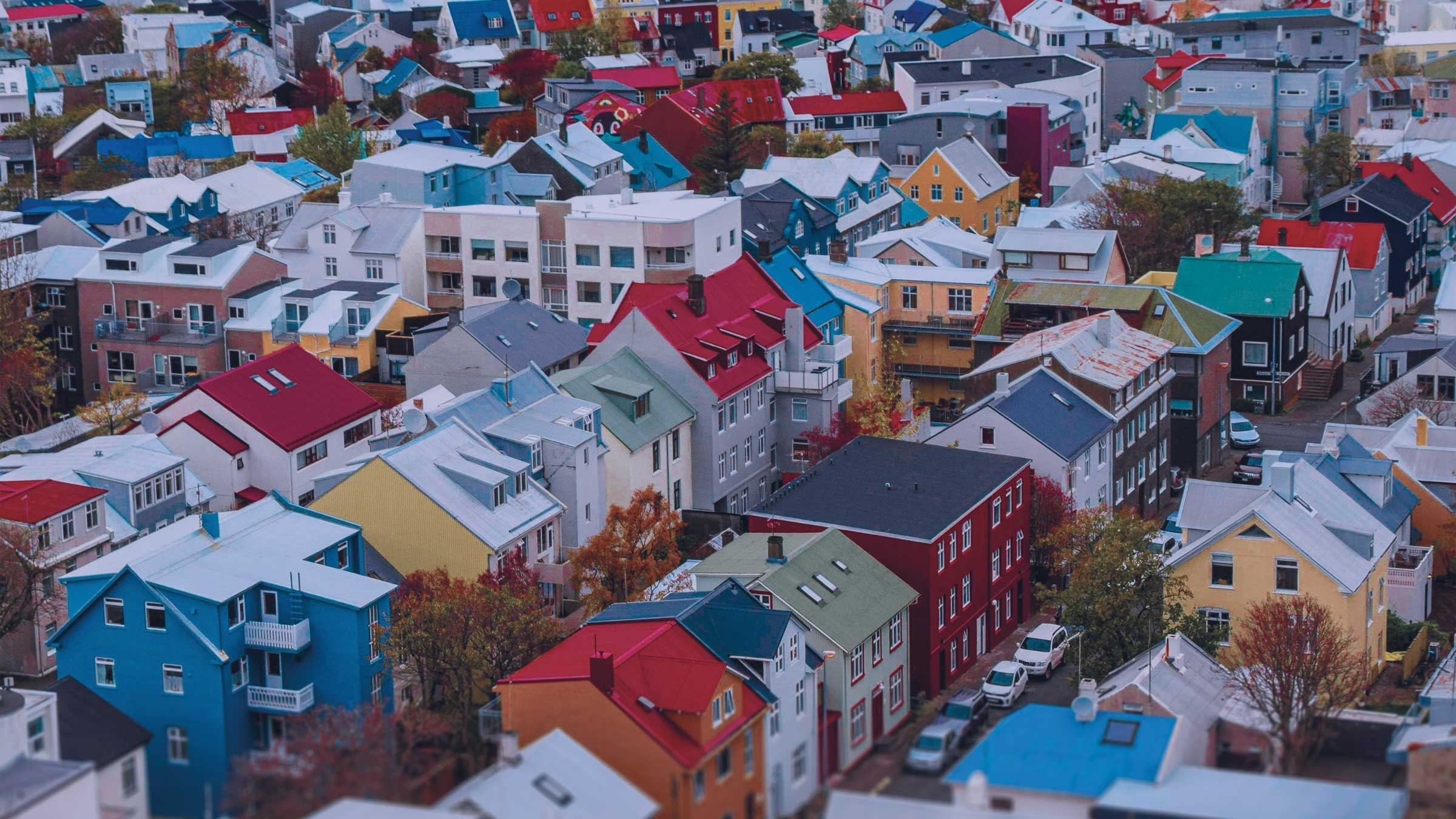
Reykjavik
Iceland
With a metropolitan population of around 240,000, it accounts for more than two-thirds of the national population yet remains compact, intensely collaborative and internationally connected. Reykjavík has emerged as a base for purpose-driven innovation, particularly in sectors like green energy, fintech, gaming and biotech, and its strategic location between Europe and North America supports growing interest from founders and investors. It has also had its first unicorn: Kerecis, which develops soft-tissue regeneration products made from patented fish-skin, was acquired by Danish medical-device manufacturer Coloplast for up to $1.3 billion.
Innovation at the edge
Iceland’s geographic isolation has historically encouraged resilience and resourcefulness. Today, Reykjavík’s startup ecosystem is defined by its ability to incubate high-impact companies that scale beyond the island. Standout examples include CCP Games, the studio behind EVE Online (one of the world’s most complex Massively Multiplayer Online games); and Meniga, a fintech firm specializing in AI-driven digital banking, which has now partnered with global institutions like Santander.
Reykjavík’s startup population has grown significantly over the past decade. According to StartupBlink 2024, Iceland ranks fifth globally in startups per capita, with Reykjavík at the center of that activity. While small in absolute size, the ecosystem produces a high volume of science- and software-driven ventures, often supported through public–private mechanisms and university partnerships.
Support foundations
Startups in Reykjavík benefit from a highly accessible support infrastructure. KLAK - Icelandic Startups (klak.is) is a central resource for new founders, offering free business-development advice and structured accelerator programs like the Startup SuperNova, as well as access to regional and Nordic networks. Its resources are in English, and entry points are tailored to early-stage founders across sectors.
Additional public support is available through the Directorate of Internal Revenue (rsk.is) and Business Iceland (islandsstofa.is), which guide company registration, tax setup and access to export markets. RANNIS (rannis.is) manages national R&D funding for science- and tech-driven ventures and can serve as a gateway to Horizon Europe and Nordic innovation grants.
Business meets research
Reykjavík’s innovation pipeline is deeply linked to Iceland’s universities and research institutions. The University of Iceland and Reykjavík University play a role in spinouts and founder education, particularly in engineering, computer science and sustainability research. Reykjavík University also hosts innovation courses and entrepreneurship electives, and it participates in applied research collaborations with local companies. Reykjavík Science City (rsc.is), connects these universities with companies, researchers, environmentalists, engineers and many other players, leveraging strengths in sustainable tech.
Notably, the Gróska Creative Community located in the university area has become the unofficial epicenter of Reykjavík’s startup life. The Gróska building hosts companies, investment teams and university labs all under one roof, functioning as both a coworking space and community engine. Similarly, Innovation House, founded by technology entrepreneur Jon von Tetzchner, provides a soft landing space for early-stage startups and remote teams building globally from Iceland.
Sectors with momentum
Reykjavík’s strongest startup sectors mirror Iceland’s national strengths. Renewable energy, particularly geothermal and hydro, has shaped a cluster of clean energy ventures focused on grid innovation, carbon capture and sustainable infrastructure. Carbfix, for example, is a global leader in mineral CO₂ storage that originated from public research partnerships. The gaming sector is another pillar, with talent density built on CCP’s legacy and smaller studios like 1939 Games gaining international traction.
Biotech and healthtech are also growing rapidly. DeCode Genetics, now part of Amgen, remains one of Europe’s most important genomic research companies. A new wave of AI-assisted diagnostics and personalized medicine startups is emerging from Reykjavík’s research ecosystem, supported by access to Iceland’s comprehensive national health data and a digitally literate population. Other relevant startup clusters include the blue economy, fintech, aluminum, the circular economy and sustainability.
Policy and access
Although it’s not a member of the European Union, Iceland participates in the European Economic Area and adheres to GDPR and other key frameworks, meaning startups based in Reykjavík can scale seamlessly across Europe. Corporate tax rates are relatively low (20%), and founders report ease in setting up operations compared to many continental hubs.
In addition to national schemes, Reykjavík supports startups through climate-forward public procurement, open data policies and urban innovation platforms. Initiatives like the Reykjavík Green Deal and Icelandic Climate Council signal interest in collaborating with ventures that address energy, mobility and the built environment.
An ecosystem in formation
Reykjavík is still a small ecosystem by volume, and most founders cite the importance of peer collaboration and international ambition. Events like Iceland Innovation Week d bring together global and local players each year, while investor groups such as Crowberry Capital and Frumtak Ventures are backing a growing number of early and growth-stage deals, often co-investing with European funds.
There are challenges: talent is highly educated but limited in supply, and access to seed capital can be competitive. Yet Reykjavík’s founders often operate with low overhead, a long runway and strong alignment with Nordic and EU innovation agendas.
Facts and Figures
In 2024, The European Investment Fund (EIF) partnered with Iceland’s Byggðastofnun to back more than 50 rural SMEs – including female-led and agri-food businesses – with a €21 million (~$23 million) InvestEU-backed guarantee.
Per-capita electricity generation reached 49,238 kWh in 2024, nearly eight times the EU average (~5,900 kWh per capita), driven by clean hydropower and geothermal sources (AInvest).
The Startup SuperNova accelerator has supported more than 80 early-stage teams since launch, with continued involvement from VCs and corporates.
CCP Games’ EVE Online has maintained a live user base for more than 20 years, representing Iceland’s longest-running tech export.
Startups


Indó, Iceland’s first fully digital bank, offers transparent, fee-free personal banking with high interest on deposits. It aims to put money to work securely and ethically by focusing on simplicity, security and sustainability and was ranked number one in Iceland’s 2025 Sustainability Index.
.jpg)

Laki Power provides real-time, high-resolution monitoring for power lines using patented sensor technology that is powered directly from the line. It helps utilities detect issues early, reduce outages and optimize maintenance, improving grid reliability and efficiency.
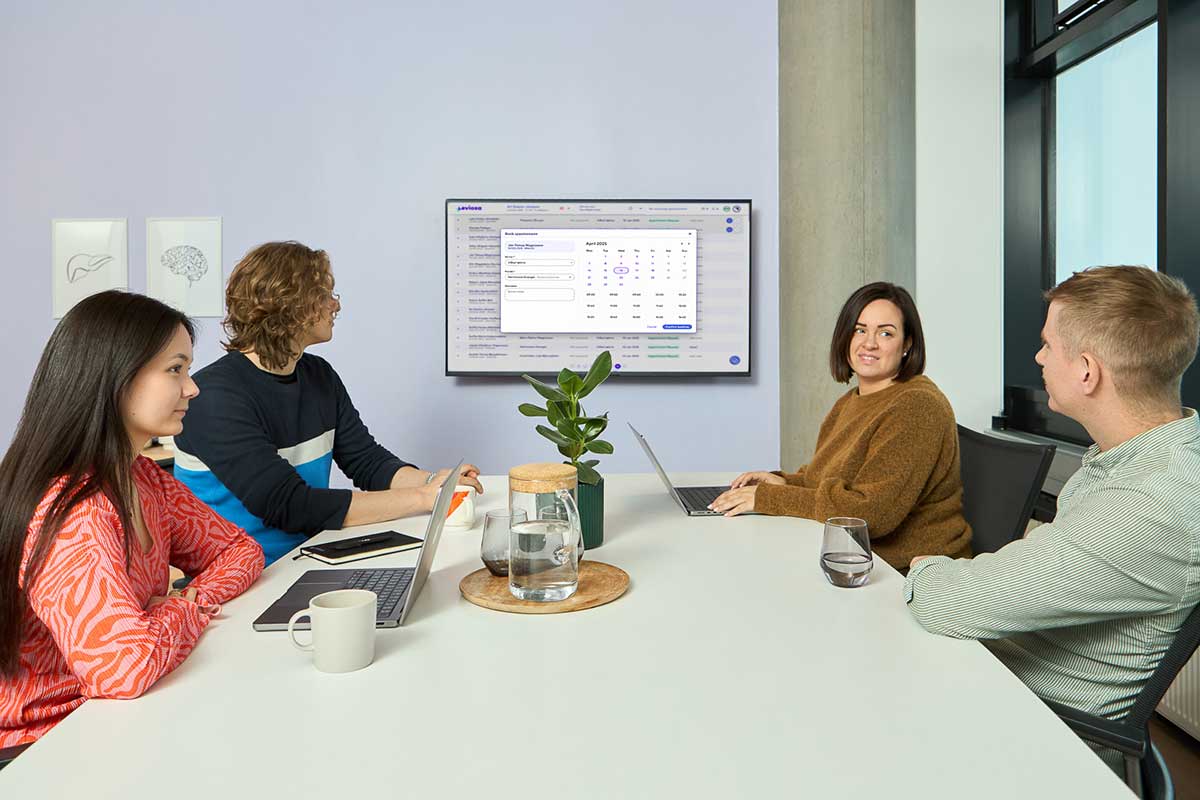

Leviosa is a cloud-based patient-record solution built by and for healthcare providers. It streamlines clinic operations with smart productivity tools, enabling seamless patient flow, efficient scheduling and better care, helping modern clinics manage their day-to-day better.


Melta’s circular and decentralized solution to rural food waste transforms it into high-quality organic fertilizer right where it’s needed. The process is easy and odor-free while supporting soil restoration and local agriculture.
.jpg)

PLAIO is the only AI-powered decision-making platform built specifically for pharmaceutical supply-chain planning. It helps pharma companies optimize production, reduce risk and ensure medicine availability, bringing clarity, speed and confidence to complex planning decisions.
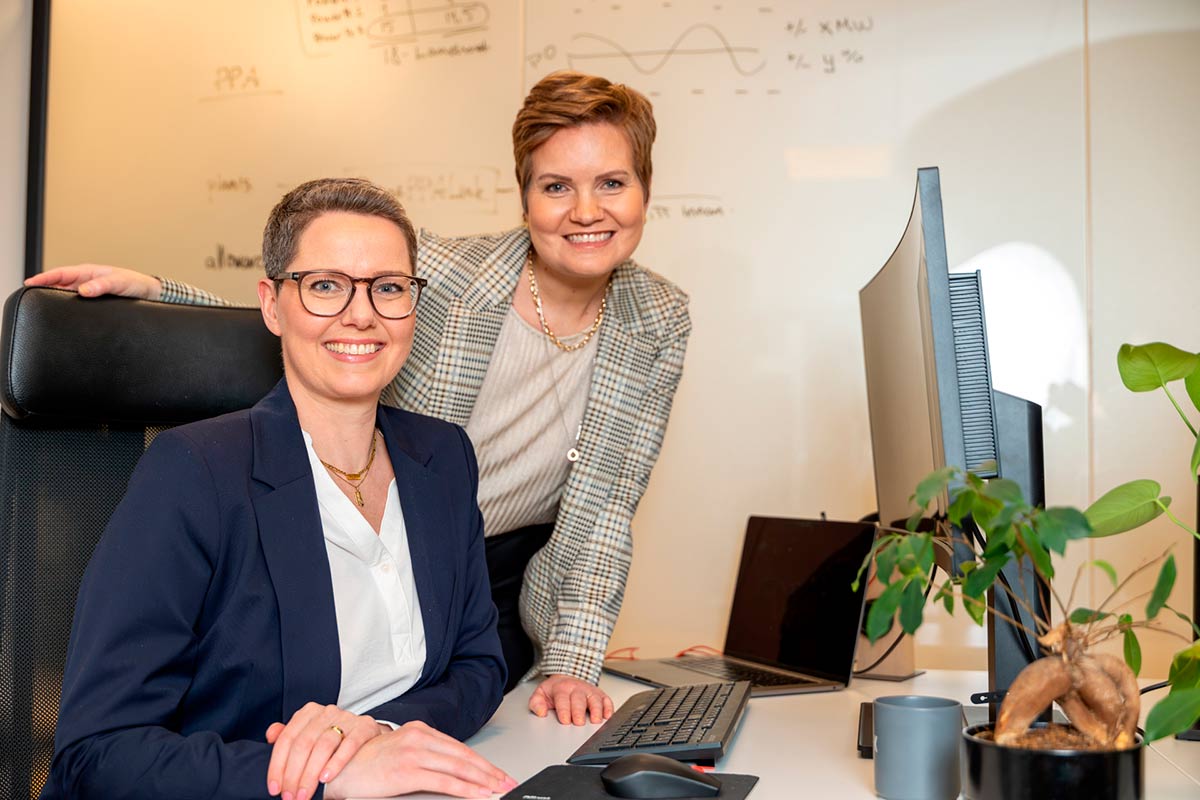

SnerpaPower provides power-intensive industries with a deeptech software platform to lower electricity costs and maximize their contribution to a net-zero energy system. Its digital tools support the transition to a cleaner, more resilient energy system.
Interviews
Programs to know about
First-time founders and students
Gulleggið is an idea-stage startup competition open to students, innovators and aspiring founders. The annual program offers workshops and mentoring to help participants shape and pitch their business ideas. Ten teams are selected for the finals, held at Gróska innovation center.

Entrepreneurs and startups in the green or circular economy
Hringiða and Hringiða+ advance green and circular economy solutions. Hringiða supports both early-stage and more developed projects through tailored tracks, helping founders refine their business models, scale sustainably and prepare for funding. Hringiða+ focuses on growth-stage companies, strengthening Iceland’s green innovation.

Entrepreneurs, SMEs and research teams in food production, biotechnology and green energy
Orkídea, a public-private initiative, fosters innovation in food production and biotechnology in South Iceland by promoting the circular use of biological resources and green energy. It connects entrepreneurs with investors, supports grant applications, facilitates EU project participation and strengthens regional collaboration.

Strong teams with smart and creative business solutions
Startup SuperNova is a six-week business accelerator run by KLAK – Icelandic Startups in partnership with Nova and Huawei. The program supports early-stage startups aiming to build scalable solutions for international markets. It offers hands-on training and expert mentorship.

Funding Opportunities


Brunnur Ventures is a VC firm that focuses on startups with high-growth potential in tech and beyond. With strategic guidance, industry insights and an extensive network, it creates value, fosters innovation and drives economic growth.


Crowberry Capital’s mission is to “back people that are good for companies, and build companies that are good for people.” It focuses on seed and early-stage startups in the tech industry and across the Nordics.
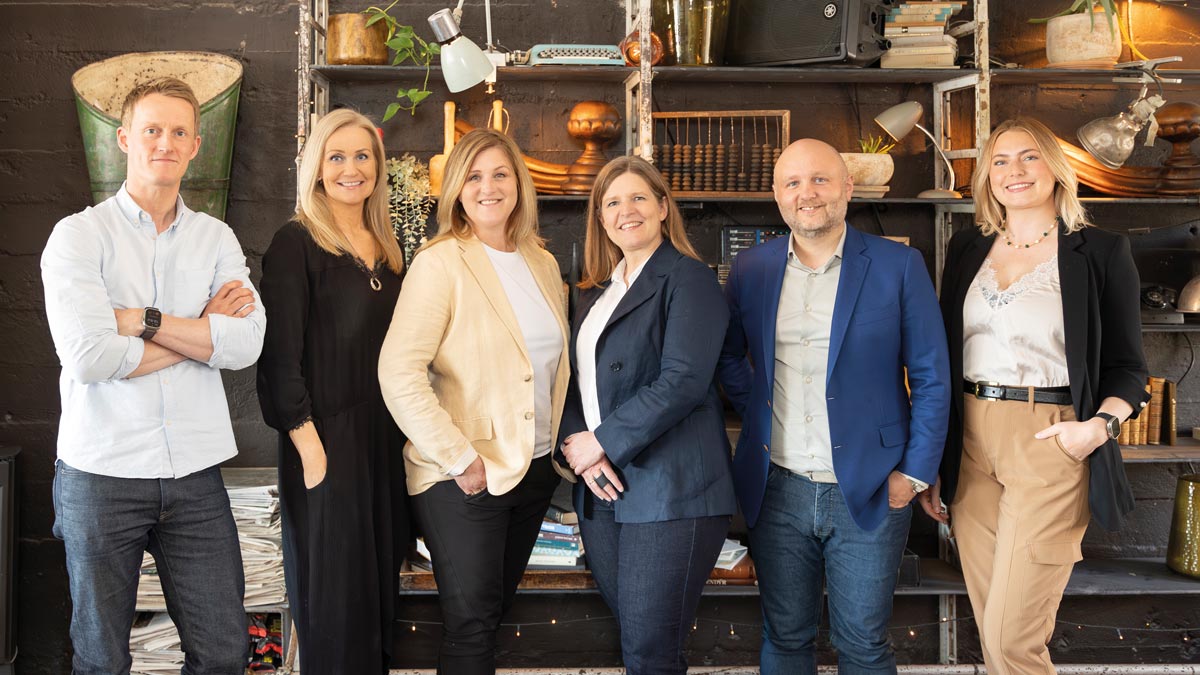

Frumtak invests in early-stage or post-seed companies with great potential for growth. It focuses on companies that can become leaders in their field by not only showing good returns but also contributing to improving society.
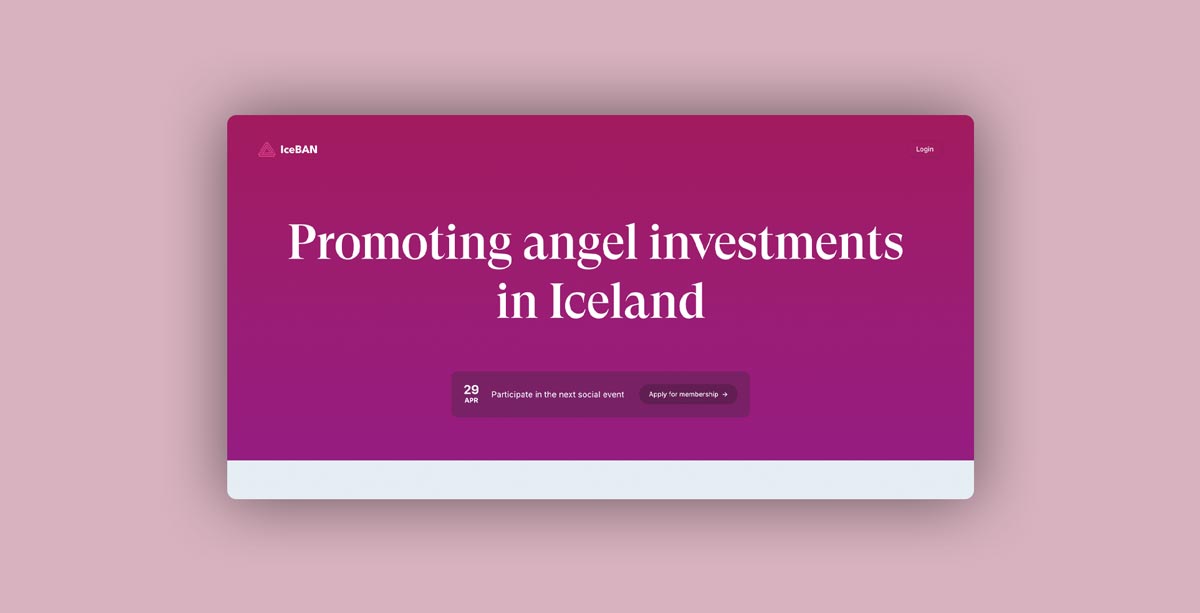

This nonprofit organization is creating a resilient, transparent angel investor network, developing the investment skills of its members, and facilitating angel investments. The team includes investors, entrepreneurs and startup professionals.
Urban Impact Solutions
The IRF program promotes the sustainable use of marine resources through independent certification and traceability. Developed by stakeholders in the fishing industry and supported by scientific data from the Marine and Freshwater Research Institute, the program includes third-party assessments that confirm responsible harvesting and traceability throughout the supply chain. The certification covers key commercial species such as cod, haddock and saithe and is recognized by the Global Sustainable Seafood Initiative. It ensures that fish stocks are harvested responsibly, in line with scientific advice and with minimal environmental impact. The program is internationally recognized and supports Iceland’s reputation as a leader in sustainable seafood.

Reykjavík is heated entirely by geothermal energy through a district heating system managed by Veitur, making it one of the most sustainable cities in the world. Drawing hot water from deep geothermal reservoirs, the system supplies space heating and hot water to 70,000 households and thousands of businesses, eliminating the need for fossil fuels in home heating. The service covers 99% of buildings in the capital area and significantly reduces carbon emissions and energy costs. The system is a model for how cities can decarbonize heating while providing affordable, reliable service.

WomenTechIceland is a nonprofit dedicated to increasing the visibility, representation and support of women in Iceland’s tech sector, working to close the gender gap. It brings together women across all areas of tech, from engineering and data science to product and design, through community events, mentoring initiatives and an annual conference. The organization is focused on systemic change and long-term impact, offering visibility to female professionals and entrepreneurs while connecting them with hiring partners and tech leaders. It’s a vital community for women shaping Iceland’s digital economy and building a more diverse future.



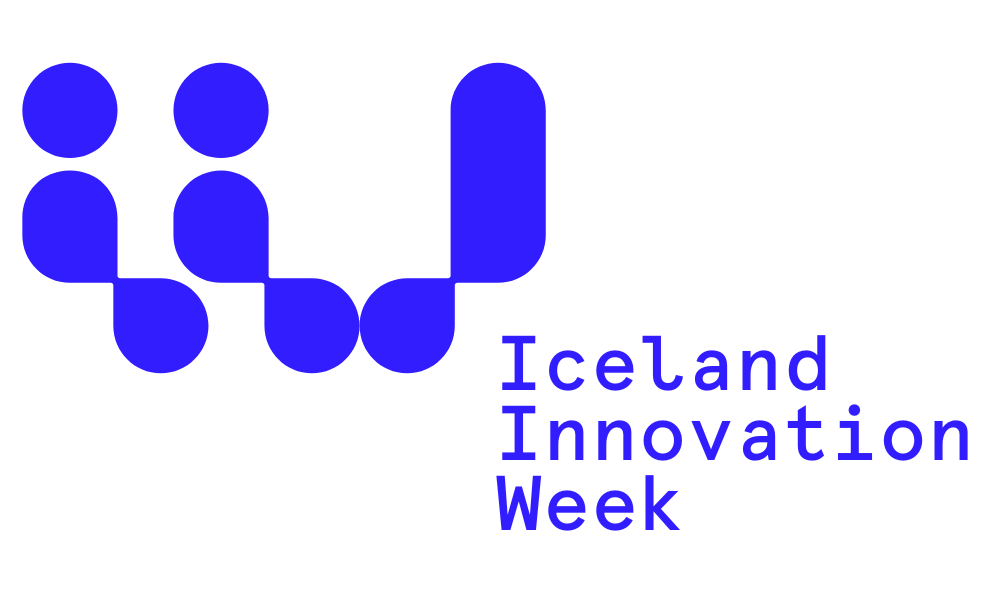

.jpg)
.jpg)

